Explore Our Garden Wildlife Blog
Browse or search by Category or Keyword below, alternatively click on any Tag to see related articles.
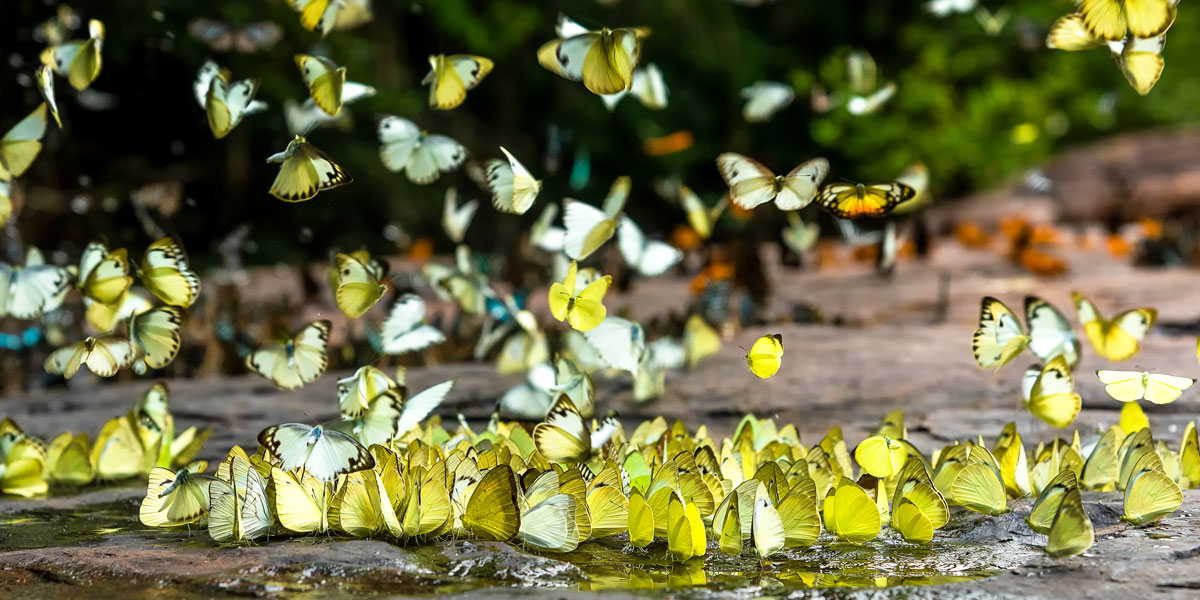

A World of Unintended Consequences
By Sean McMenemy
7th November 2022
They say the flap of a butterfly’s wings in the Amazon, may cause a tornado in Texas. Chaos theory says everything connects, we are not alone in the world and there is no act without consequence. Throughout history us humans have done our best to control our environment, mostly with little thought to the future effects of our actions. We are now reaping the unintended consequences of our past actions.
From the day we domesticated animals and started farming crops, we have been changing the world. Over 70% of the planet’s land mass has now been altered (managed) by us. Every river dammed, field ploughed, and tree chopped down, has changed our planet forever. The greater the population, the greater the number of acts, and the greater the consequences. Our dwindling wildlife and increasing extinction rates are testament to this.
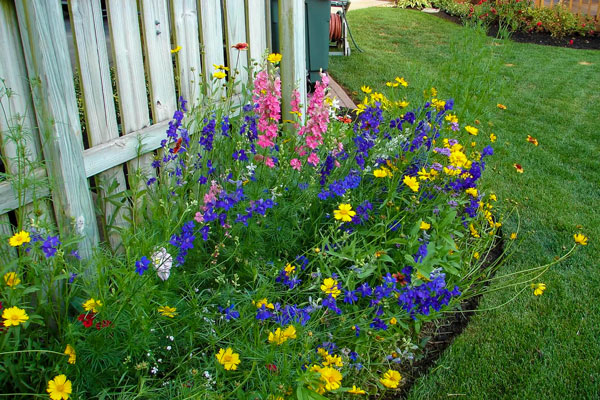

With a global population of 7.8 billion people all taking actions we are now at a critical point. Leaving decisions up to anonymous authorities and hoping they will ‘do the right thing’ is no longer an option. Plastic isn’t bad, irresponsible use of it is. Chemical companies cannot be blamed for pesticides if we buy their products. The planet isn’t warming up, it’s being heated up by the activity of the people living on it!
We cannot individually make global changes, but we can make local ones. When we do, we are making a positive contribution. Our gardens are part of our planet and we can make them better. Understanding our gardens and seeing the effects of our actions, helps us see the needs of our planet and the burden upon it.
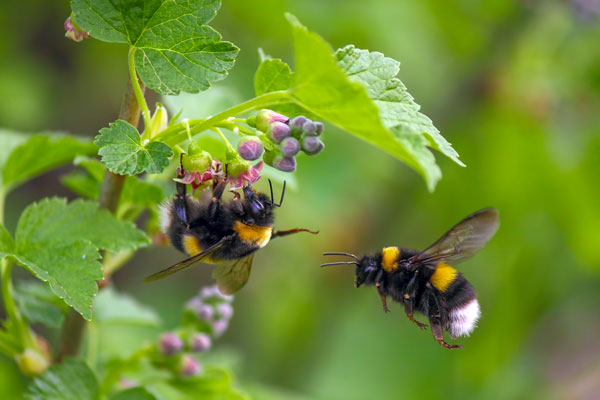

But can we really make a difference? Try allowing part of your lawn to grow long, then count the number of species that visit the long grass compared to the short grass. Grow nectar rich flowers without the use of chemicals and see if more bees visit. Feed the birds and put out a bird bath. Do you see a greater abundance of birds? Dig a pond or add a water feature. Do dragonflies and damsels magically appear? By taking positive action, nature will thrive, and you’ll see for yourself the valuable difference you make.
Local changes will have the same effects, positively or negatively, globally. None of us dump plastic waste or pour chemicals in the soil in our own gardens. And if it’s not acceptable in our own garden, it shouldn’t be acceptable anywhere. Cultivate your garden for the planet, nurture your garden’s wildlife, see the difference you can make. The world is our garden, and we must all take responsibility for our small part of it. Surely 7.8 billion people must be enough to have the energy and commitment to nurture our planet’s future.
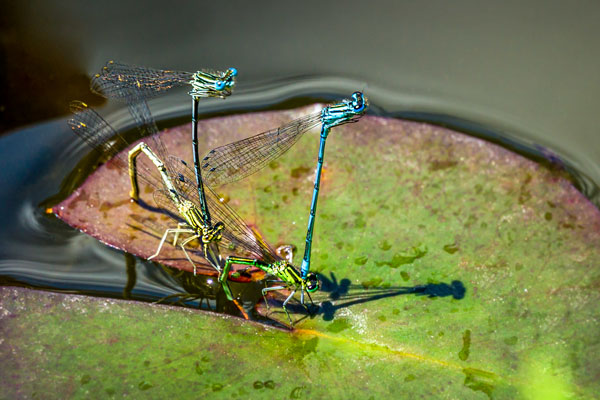

My own small contribution this year was building a few hoverfly lagoons and adding hollowed out logs to create rot holes. The idea was to add breeding pools to increase the flying insect population and it worked. My reward has been sitting out at sunset watching the numerous bats it’s attracted, greedily feeding on all the extra insects. As for the butterfly effect? A bunch of Mosquito bites on my belly was an unintended consequence, but one I’m willing to accept for the joy of seeing so much nature around me.






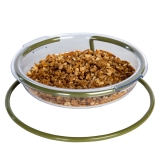
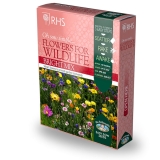
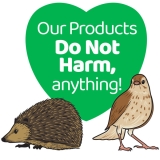
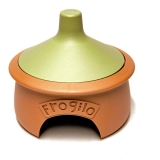
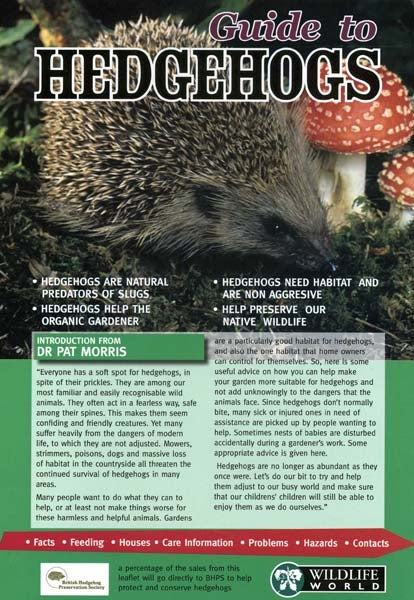
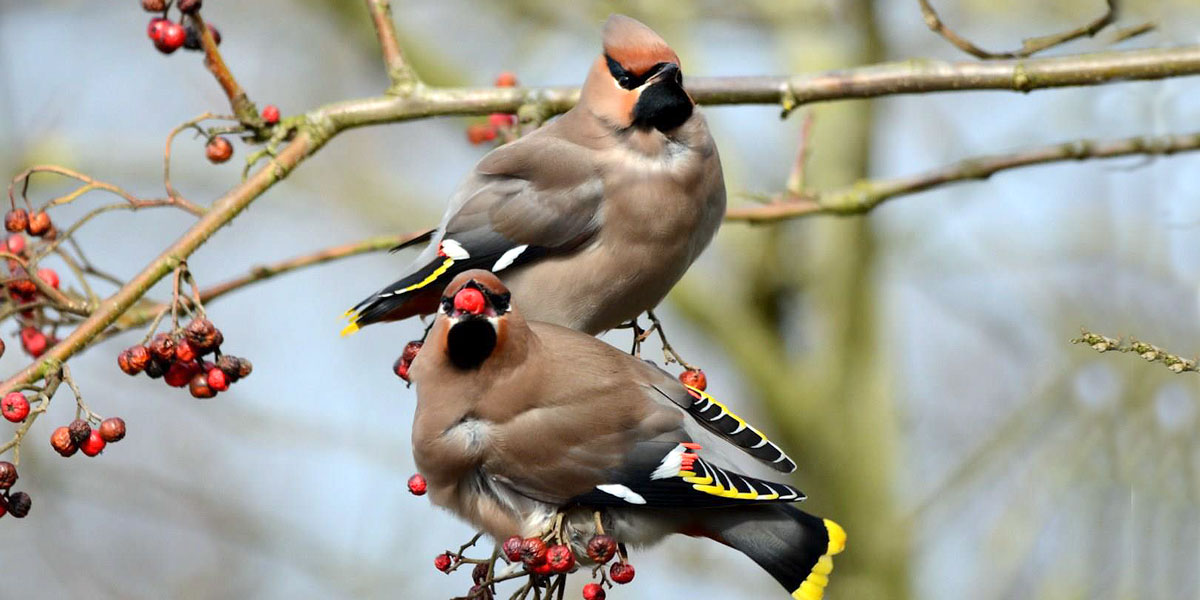
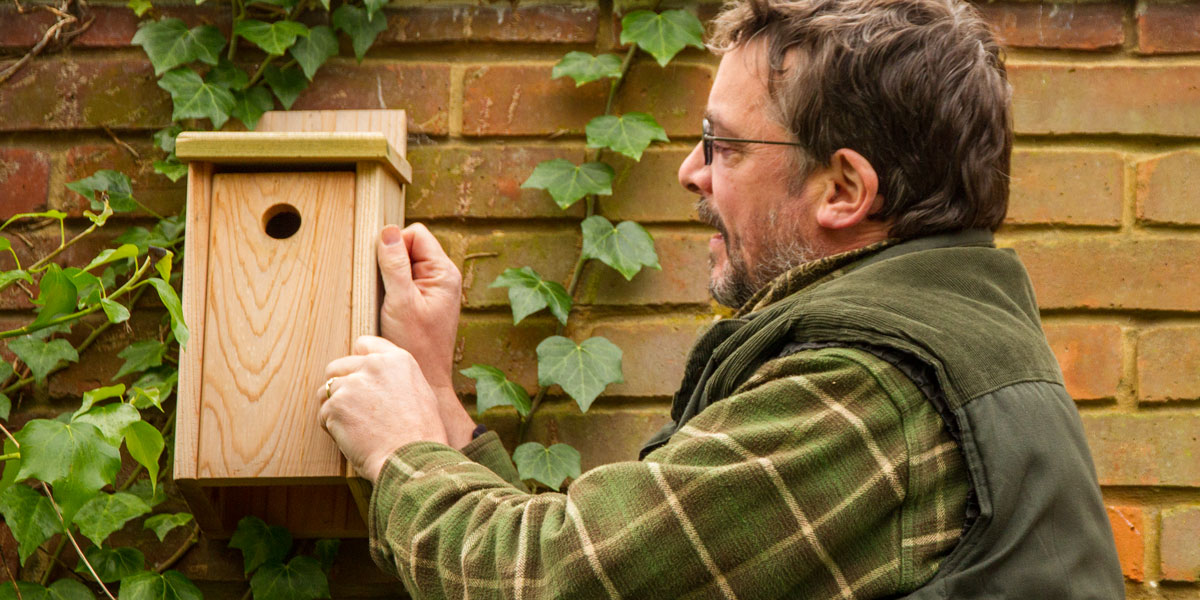

Thank you your blog was a kind thoughtfully caring response to the nature… within all our small gardens .we can tenaciously to take responsibility…..I endeavoured to plant for the wildlife …last summer each day watered bee and butterfly friendly plants keeping them alive throughout the drought ….a bee house ,put up the year before has now successfully been occupied I believe by solitary bees ..